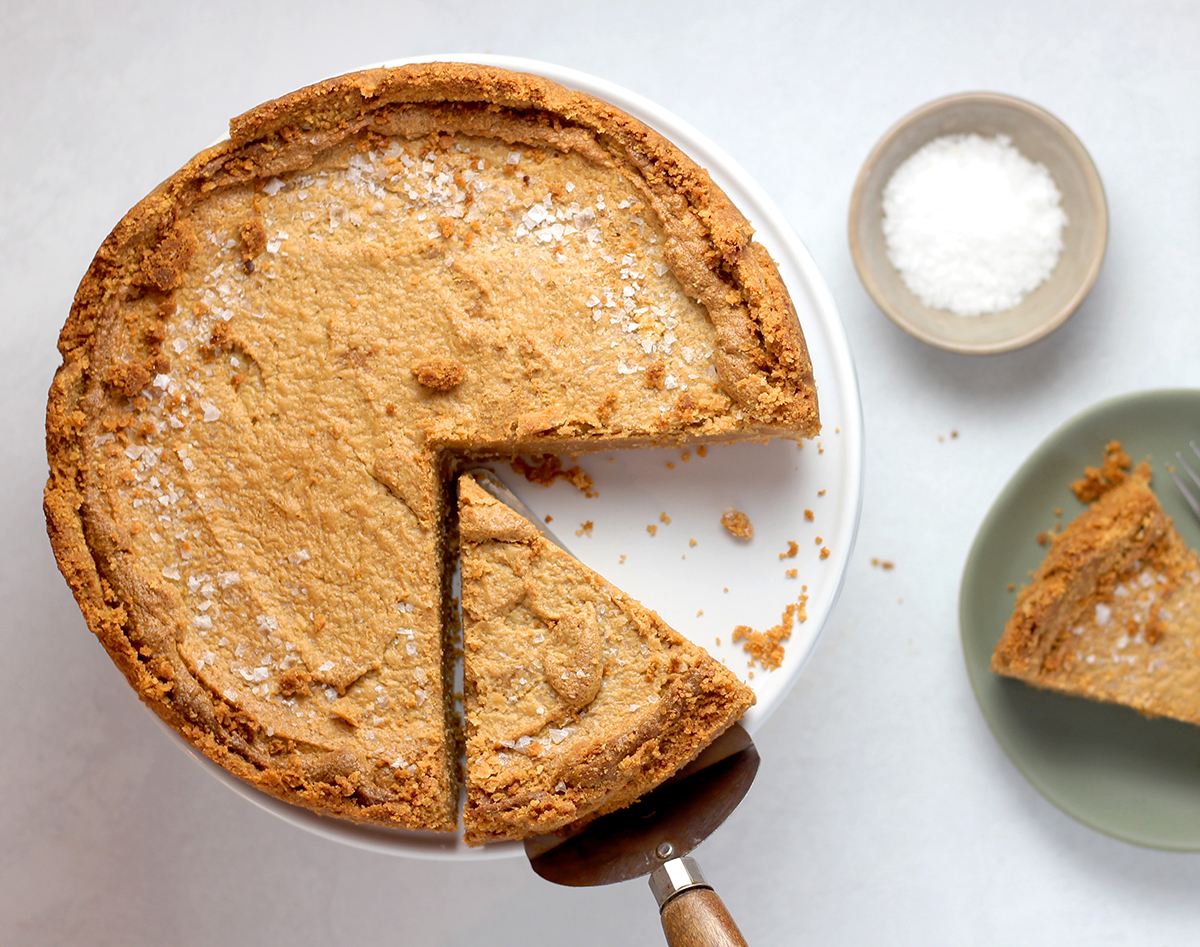A Pension Increase Exchange (PIE) exercise involves offering defined benefit (DB) scheme members the choice of exchanging future annual increases on their pensions in retirement, for a one-off immediate uplift.
PIE exercises provide the opportunity and flexibility for scheme sponsors and scheme members to reach a mutually beneficial arrangement. Such arrangements can provide members with a pension income, which better suits their needs and immediate income requirements whilst leaving the sponsor less exposed to inflation risks.
Pension scheme rules usually provide inflation-proofing so that pensions-in-payment receive yearly increases. Where PIE is offered to a member, the scheme actuary works out the estimated value of the increases you could give up. Part of this value is used to provide an immediate increase to your pension, which would not then increase in future.
In each case, the employer is looking to reduce the running costs of their workplace pension scheme by moving future liabilities (your future pension benefits) out of the scheme. We are all too familiar with the huge pension deficits of UK pension schemes, and PIE is a route more and more companies are considering in order to reduce their future liabilities.
A PIE reduces volatility as a scheme can better control its exposure to high inflation rates and, pensions get more expensive as pensioners get older, known as longevity risk.
At retirement, if a member chooses the PIE option, their pension will be higher in the first year than it would have been if they had retained the increases.
So although at the outset the idea of a bigger pension from day one might seem like the better option, over time, this means that the purchasing power of your pension income may be eroded by the effects of inflation.
If you accept the PIE, your pension will be paid at the new, higher rate for the rest of your life, but without any future annual increases.
PIE is a bit of a crystal ball question with two big unknowns: your life expectancy – how long does your pension need to last you and what will inflation be in the future?
It’s not easy to appreciate just how damaging inflation can be to fixed incomes over a long period of time. Having said that If you are in poor health and therefore unlikely to benefit from long-term inflation proofing, PIE could represent a good option.
At first sight these offers may seem attractive. But it is essential that members offered PIE take a long look at the consequences before agreeing to it.
Find out how we can help you
If you would like to understand more about this topic get in touch
Related posts
- Published On: July 10, 2024|3.2 min read|
The Merits of Accessing Your Pension Commencement Lump Sum in Stages
As you approach retirement, one of the significant decisions you'll face is how to access your pension commencement lump sum (PCLS). While it might be tempting to take the entire amount in one go, there are several benefits to accessing your PCLS in stages.
Read more
- Published On: May 26, 2023|4.7 min read|
Navigating UAE Succession Law: A Guide for Expats
The United Arab Emirates (UAE) has become a popular destination for expatriates seeking new opportunities and a vibrant lifestyle. However, when it comes to matters of succession and inheritance, ex-pats residing in the UAE need to be aware of the unique legal framework in place.
Read more












